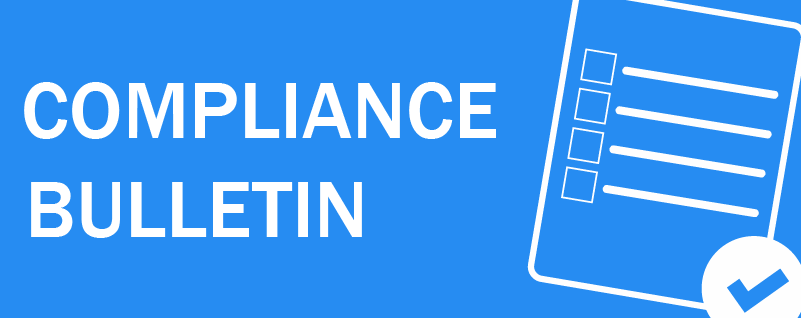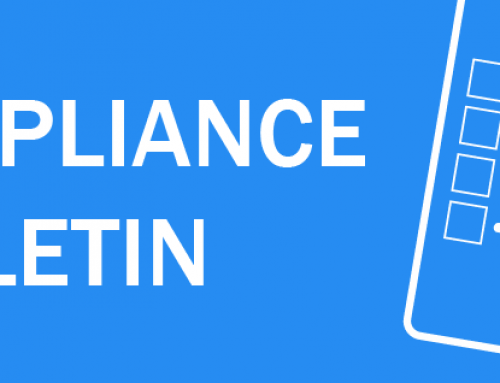The big question is then, what do I need to do and when do I need to do it?
Well, with a little over 2 months to GDPR deadline day (25th May 2018) the answer to the second part of that question is, ‘Now’. We plan to implement on Monday 21st May 2018.
So what should you be doing in preparation?
Visit:
These checklists can be found here.
- Where a new technology is being deployed;
- Where a profiling operation is likely to significantly effect individuals;
- Where there is processing on a large scale of special categories of data;
More information can be found here.
For more information click here.
- Written lawful basis for processing data
- Subject access request policy/process
- Privacy notice
- Consent document
- Data breach recording/reporting policy and register
Please visit the GDPR document library here.
- The right to be informed
- The right of access
- The right of rectification
- The right to erasure
- The right to restrict processing
- The right to data portability
- The right to object
- The right not to be subject to automated decision-making, including profiling
Individuals rights have not changed massively from those already held by data subjects under previous Data Protection legislation, but there are some significant enhancements. For example, you could consider; could I effectively deal with a request from a customer to have their data deleted? What would be the impact of this?
This will need to be done in a durable medium (as well as verbally if you wish) and they must agree to the use of their information in accord with an explicit data protection statement that is written in clear, easy to understand language.
We will be happy to provide further support in this regard. The first step, however, is for you to have a formal policy on this. Keep an eye on the Members’ website – we hope to have one on there very soon for you!
Remember that consent must be freely give, or in other words, the client must specifically give their consent and positively opt-in. This consent must be separate from other forms of client communication and should be verifiable for all clients. You will therefore need to consider how you obtain and evidence consent.
For more information click here.
Therefore, you will need to know that Adam Stretton will act as Data Protection Officer (dpo@therightmortgage.co.uk) for the entire network, but it would be wise to have a Data Security Champion within each of your businesses who will work along with the Data Protection Officer to manage your customer’s privacy.
For more information click here.
Your breach process should also include the notification of any breach to the data subject. GDPR allows you 72 hours to report any data breach to the customer or the appropriate authorities (from the time of becoming aware of the breach).
You will also be required to notify Adam Stretton, Data Protection Officer (dpo@therightmortgage.co.uk).
For more information click here.
It is necessary to ensure that all devices used for storing or transferring client data meet the ICO guidelines for hardware; for example, phones and computers/laptops must be password protected and encrypted.
Client Portal
Starting immediately, it is recommended that all advisers begin using the client portal on The Key to communicate with clients. This portal has been assessed and confirms to the ICO requirements concerning GDPR. Any deviation from this is done at your own risk.
Guides to the client portal on The Key:
- Data portability: The Key will allow data to be exported to cater for either client subject access or data portability requests
- Consent: The Key will provide enhanced functionality to record consent
- Right to be forgotten: With the Key, delete client records entirely with an audit record
- Physical security: All data stored on their systems is secure.
For more information click here.
It is also imperative that you have an agreed, safe, process for the destruction of documents, afterall, many advisers will make copies of certain file information to use on the visit to the client – caution needs to be taken when doing this and when destroying this data after its use.
Many firms are choosing to use GDPR as an opportunity to go completely paperless – perhaps you could consider this for your business, afterall, it is easier to follow an electronic paper trail than a physical one?
All of this information is provided on a goodwill basis to assist you with your migration to the GDPR compliance in advance of the implementation date and we accept no liability for our interpretation of the GDPR Act. It is the responsibility of the data controller to ensure compliance in advance of the implementation of the GDPR Act.



